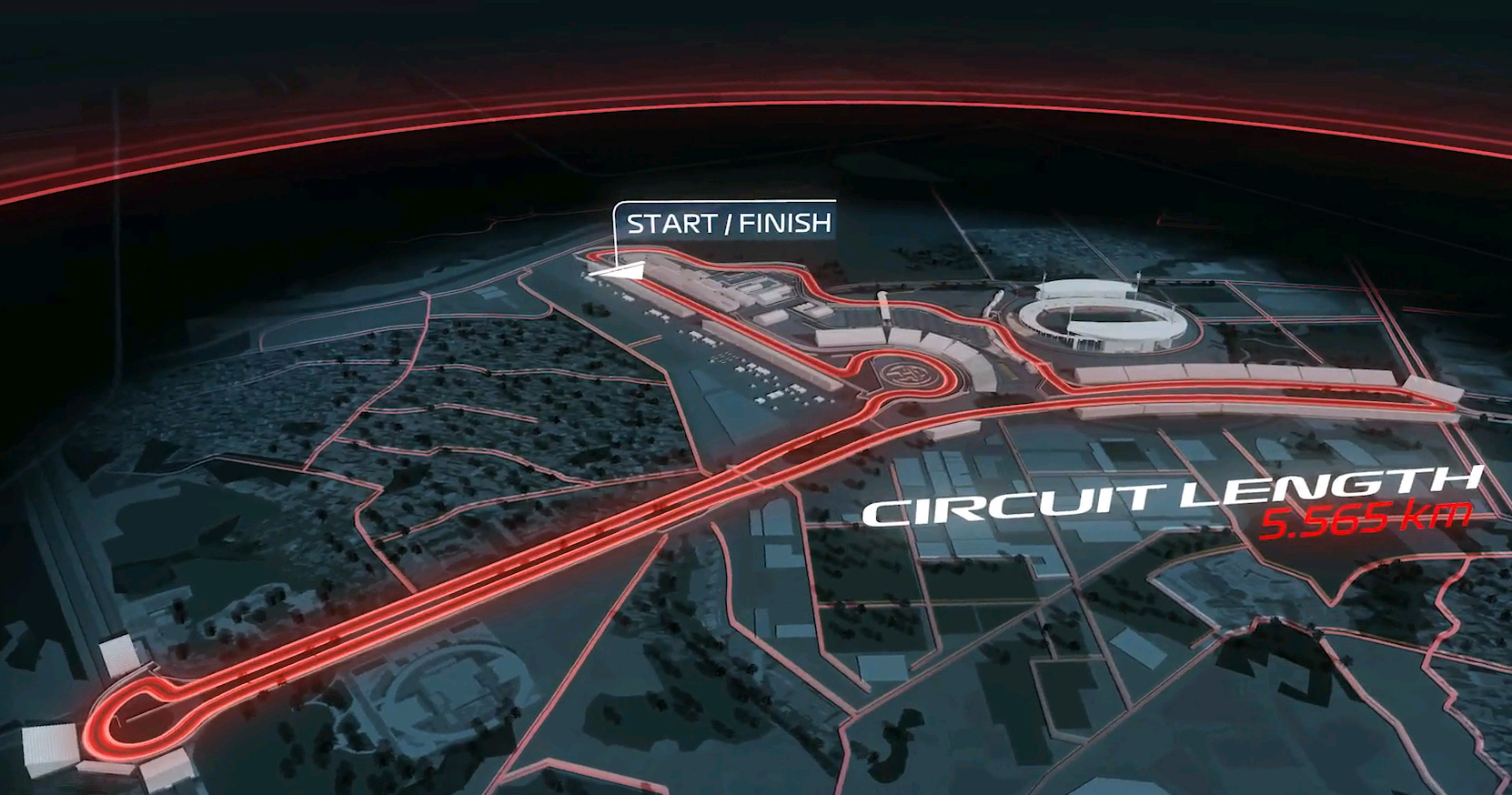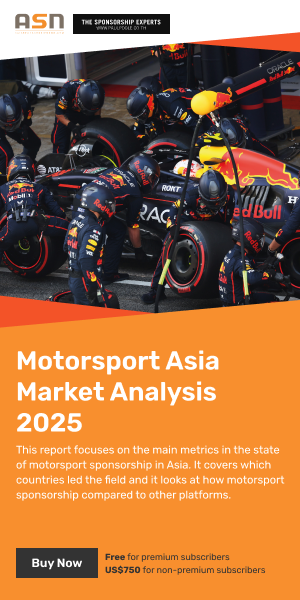Register
to get articles and more to your inbox
News & insights
Archive
Directory
Vietnam Gives Formula One a Boost; Hosting New Race In 2020

The top-tier motor racing event will be hosted in Hanoi, in the north of the country, with the circuit set to be unveiled at a gala next week. The Hanoi People’s Committee said earlier this week, “The city of Hanoi managed to conclude the cooperation to be entitled as the official host of a race of the FIA Formula One World Championship (from) April 2020.”
While the authorities have backed the idea of hosting a race, they are unlikely to dip into government coffers to pay for it, with sponsorship and advertising revenues increasingly crucial to cover costs.
Officials had originally considered hosting the race around Hanoi’s scenic Hoan Kiem lake near the bustling Old Quarter, but decided instead on a route near the national stadium, where the roads are wider. F1 race director Charlie Whiting told reporters earlier this month that he had visited the site in Hanoi and was confident the circuit would be ready in time for the 2020 season.
According to the ASN Index, all forms of Motorsports rank as the 3rd highest funded sports platform in the Asian sponsorship market (7.5% market share). The sport has registered investment worth almost US$1.1b since Q116, with Formula One alone contributing almost US$419.3m to that sum during the same timeframe. While Vietnam has little motorsports infrastructure – and investment – at the moment, this is certain to change in the next two years.
Hosting major sporting events including Formula One races are costly ventures and pose a financial risk for cities – such as Hanoi – where motorsports remains a minority, scant understood pastime. In 2017 – despite over a decade of building interest in the sport – Malaysia said it would cancel its Formula One race, saying the loss-making event had been hit by the more alluring Night Race in neighbouring Singapore.
Though informal – and illegal – motorbike street racing, and a emerging offroad racing scene have started to gain traction in Vietnam, Formula One has yet to take hold among the mainstream of sports fans, most of whom are football-mad. Organisers are hoping a booming middle class in Southeast Asia, home to some of Asia’s fastest growing economies, will embrace those sports that have taken off in richer nations.
Formula One was taken over by US firm Liberty Media last year for US$8 billion, and the new owners have said they are keen on exploring new regions. In the right markets, the sport has been highly profitable over the years, raking in billions from advertisers and broadcasting rights. But revenues have been sliding, especially in Asia, exacerbated by race retirees like Malaysia, but also India and South Korea who have also pulled the pin on the back of unsustainable losses in the last few years.
With the new administration, F1 is at a crossroads and are looking to shake up the playbook, to bring the sport back to profitability for all parties including some embattled teams. News like this coming out of Vietnam – as well as a tangible revamped social and digital media strategy – are key to the sport staying relevant to the next generation of fans, and surviving for the next 50 years.








